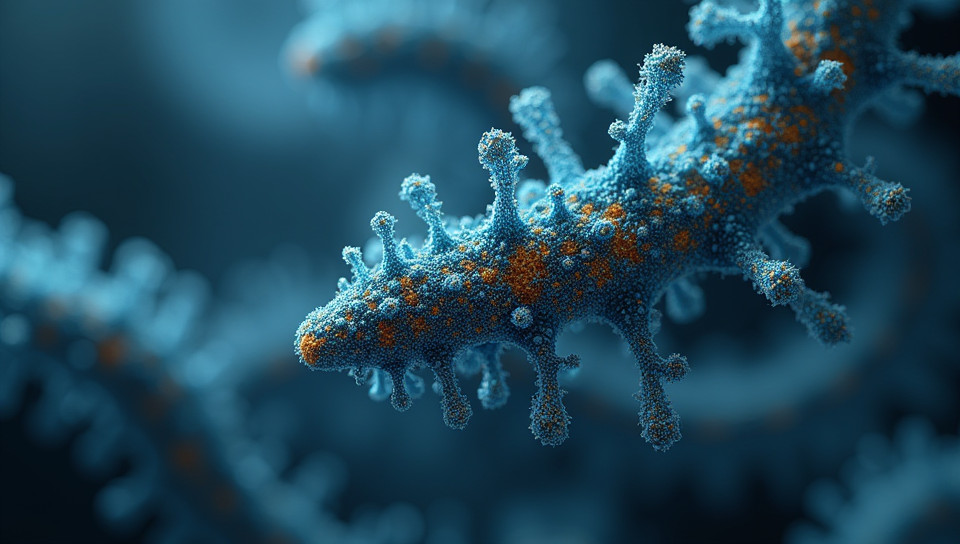Synthetic biology is an emerging area of bioengineering study 72%

Synthetic Biology: Revolutionizing Bioengineering
Imagine a future where diseases are cured, and renewable energy is limitless, all thanks to the power of biology. This might sound like science fiction, but it's actually becoming a reality through synthetic biology – an emerging field that combines engineering principles with biological systems to create new organisms, biofuels, and medical treatments.
What is Synthetic Biology?
Synthetic biology is a multidisciplinary approach that leverages genetic engineering, biotechnology, and computational modeling to design and construct new biological systems. By rewiring the code of life, synthetic biologists aim to create novel biological pathways, circuits, and organisms with enhanced or entirely new properties.
Applications of Synthetic Biology
- Developing novel biofuels and biochemicals
- Designing microbes for bioremediation and pollution cleanup
- Creating personalized medicine approaches through genetic engineering
- Improving crop yields and disease resistance in agriculture
- Enhancing bioproducts, such as textiles and materials
The Tools of Synthetic Biology
Synthetic biology relies heavily on advanced tools and techniques, including:
- Gene editing technologies like CRISPR/Cas9
- DNA synthesis platforms for rapid gene assembly
- High-throughput sequencing for genome analysis
- Computational models for predicting biological behavior
Challenges and Future Directions
While synthetic biology holds immense promise, it also faces significant challenges. These include regulatory hurdles, safety concerns, and the need for more sophisticated tools and techniques. Despite these challenges, researchers are pushing forward with innovative solutions, such as:
- Synthetic genomics for creating novel genomes
- Biohybrid systems that integrate living cells with artificial components
Conclusion
Synthetic biology is revolutionizing bioengineering by providing new tools and approaches to tackle some of humanity's most pressing challenges. From developing sustainable energy sources to curing diseases, the potential of synthetic biology is vast and exciting. As this field continues to evolve, we can expect breakthroughs that will transform our world in profound ways.
- Created by: Alicja Jankowski
- Created at: Feb. 4, 2025, 3:07 p.m.
- ID: 20046